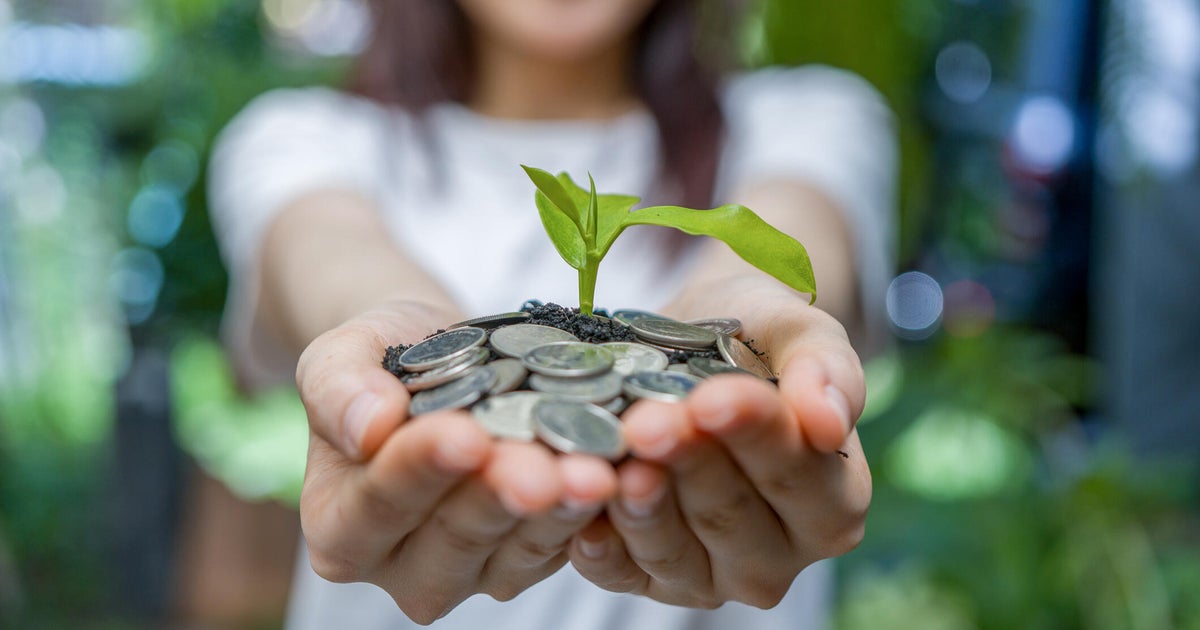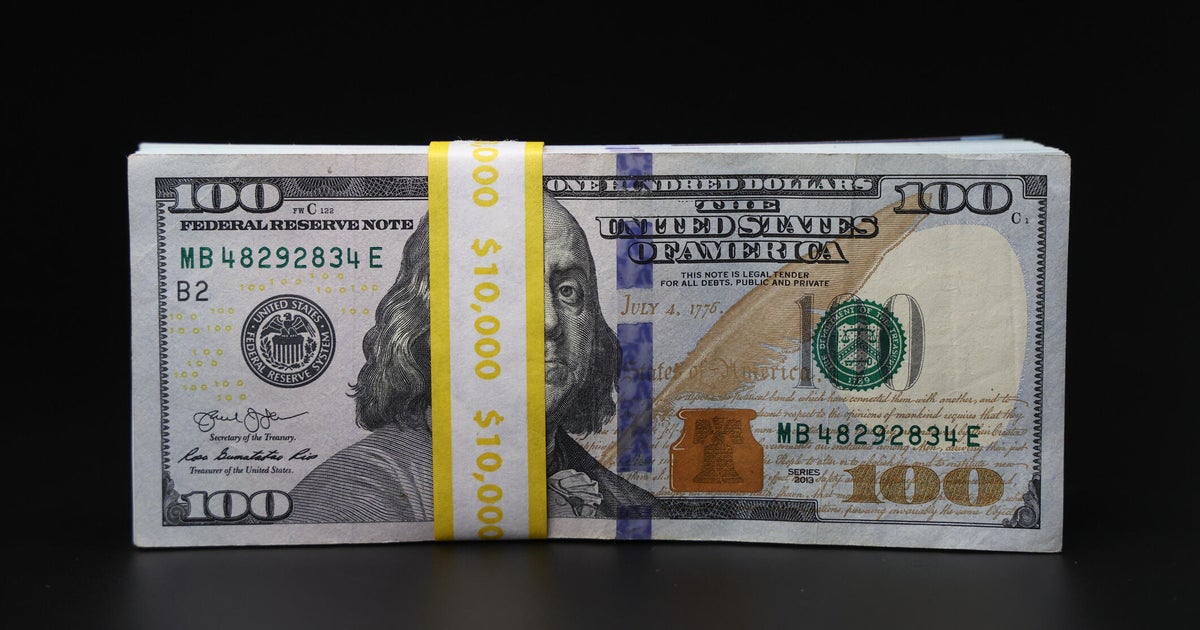How much money should you save? Here's how to decide
Choosing the right high-yield savings account for you is one of the best ways to jumpstart your savings. A competitive interest rate — especially at today's high rates near 4% or higher — can help you save more and reach your savings goals faster.
Apple's new savings account, for example, earns a solid 4.15% APY, while you can get as much as 4.75% APY from CIT Bank, 4.25% APY from Lending Club and 4.00% APY from Barclays, just to name a few.
But before you can reap all the benefits of a great high-yield savings account, it's important to set a savings goal that's right for you.
"Having a specific savings goal in mind also makes it much easier to save than just saving for the sake of it," Kim Hall, CFP, director of financial planning and co-owner of Clarity Wealth Development, recently told CBS News.
Start saving more by comparing today's top rates now.
How much should you have in savings?
The exact amount of savings varies for everyone. You can determine the right amount for you using a few different factors for both emergency savings and other savings goals.
Emergency fund
If you don't already have an emergency fund, that should be your first savings goal.
Experts recommend keeping at least three to six months' worth of expenses in a high-yield savings account, which you can designate as your emergency savings in case of an unexpected expense or period of financial hardship.
There are a few ways you can adjust that general advice for yourself. To start, figure out your monthly expenses, minus any unnecessary costs you could easily cut if you needed to. You should include your monthly grocery costs and rent or mortgage payment, for example, but maybe not the money you spend online shopping or ordering food delivery.
Then, think about your own risk tolerance. For instance, if you're a renter and you believe your income is relatively stable, you might feel comfortable with just three months' expenses saved. On the other hand, if you own your home and must cover any repairs yourself, you have a family that depends on your income or you work in a field with a lot of instability — you may consider saving six months' expenses or even more as a precaution.
Explore today's top savings rates to find an account that works best for your goals.
Other savings goals
Beyond your emergency savings, think about other savings goals you may have.
For example, maybe you're planning an upcoming international trip, or you're saving for your wedding next year. These may be additional contributions you make to a high-yield savings account, so you can easily access the funds when you're ready to spend.
Just remember, this type of savings account is best for shorter-term savings goals (and your emergency fund). For long-term goals like retirement, you'll want to invest your money so that it grows over decades.
How to save more
Once you've set your savings goal and opened your high-yield account, the work of actually saving begins.
If you're not already starting with a large sum, your savings goal may seem a lot more daunting. Just remember, even if you start small, you can grow a solid savings balance over time.
Take a look at your budget and income to decide exactly how much you can contribute each month. To really prioritize saving, you may even want to see what expenses you can eliminate and increase your contributions.
Then, set up automatic transfers on a regular basis. This will help you add to your savings balance without having to worry about drawing the money from your bank account yourself. Finally, let your high-yield savings account's interest rate work in your favor. Over time, your account's interest will compound and help boost your savings balance.
Learn more about how you can increase your savings with today's high-yield savings account rates.
The bottom line
The amount of money you should have in savings can vary a lot from person to person. In general, it's smart to start with your emergency fund and work toward saving a few months' worth of expenses. Then, think about any other big items you might have coming up in the next few years that you want to save for.
Over time, your contributions and interest earnings will add up, and you can feel more prepared to cover whatever comes your way in the future.
Get started with one of the top savings accounts rates available now.




